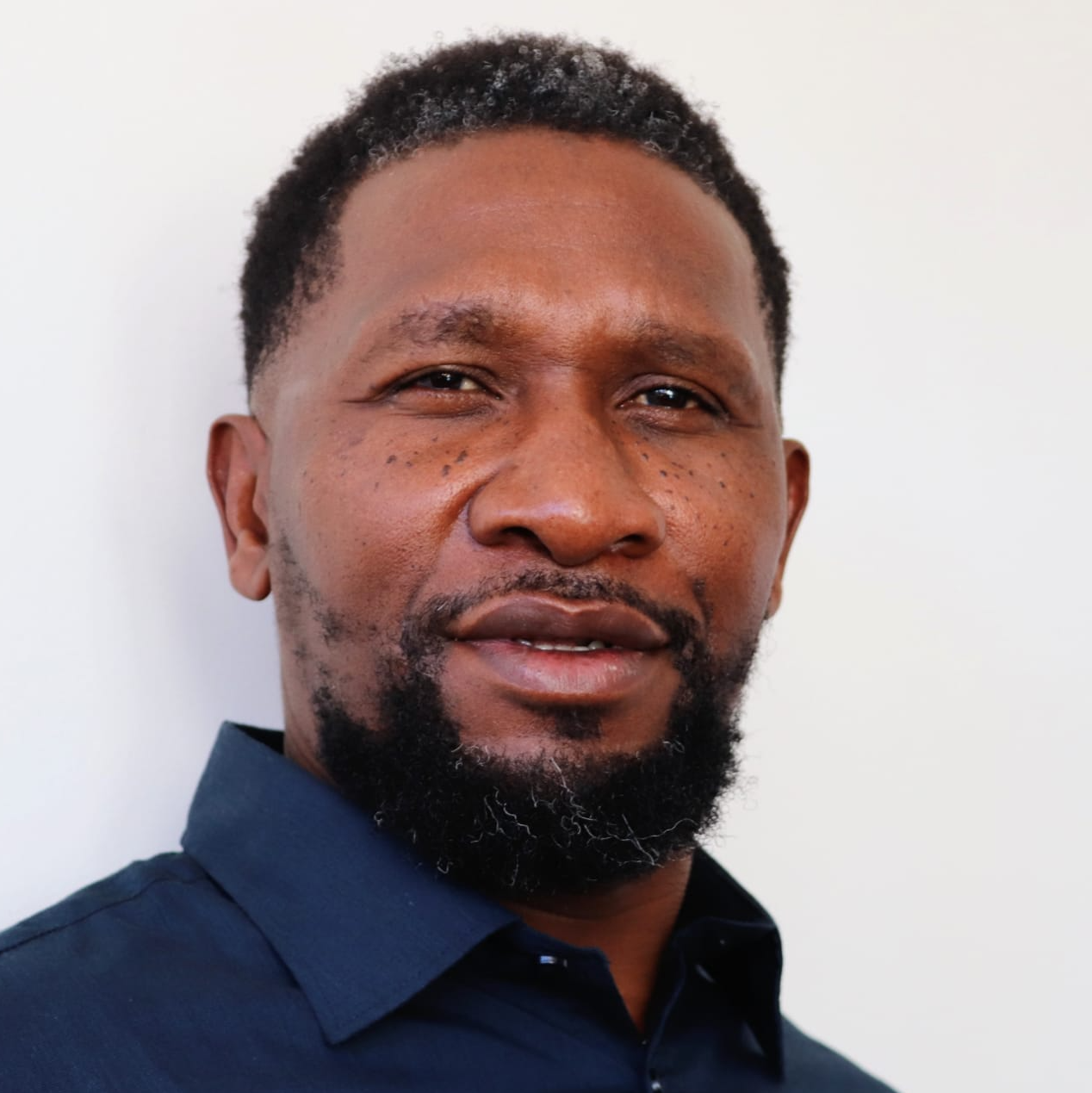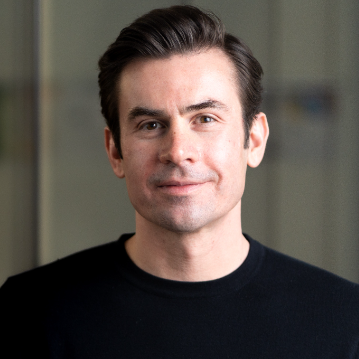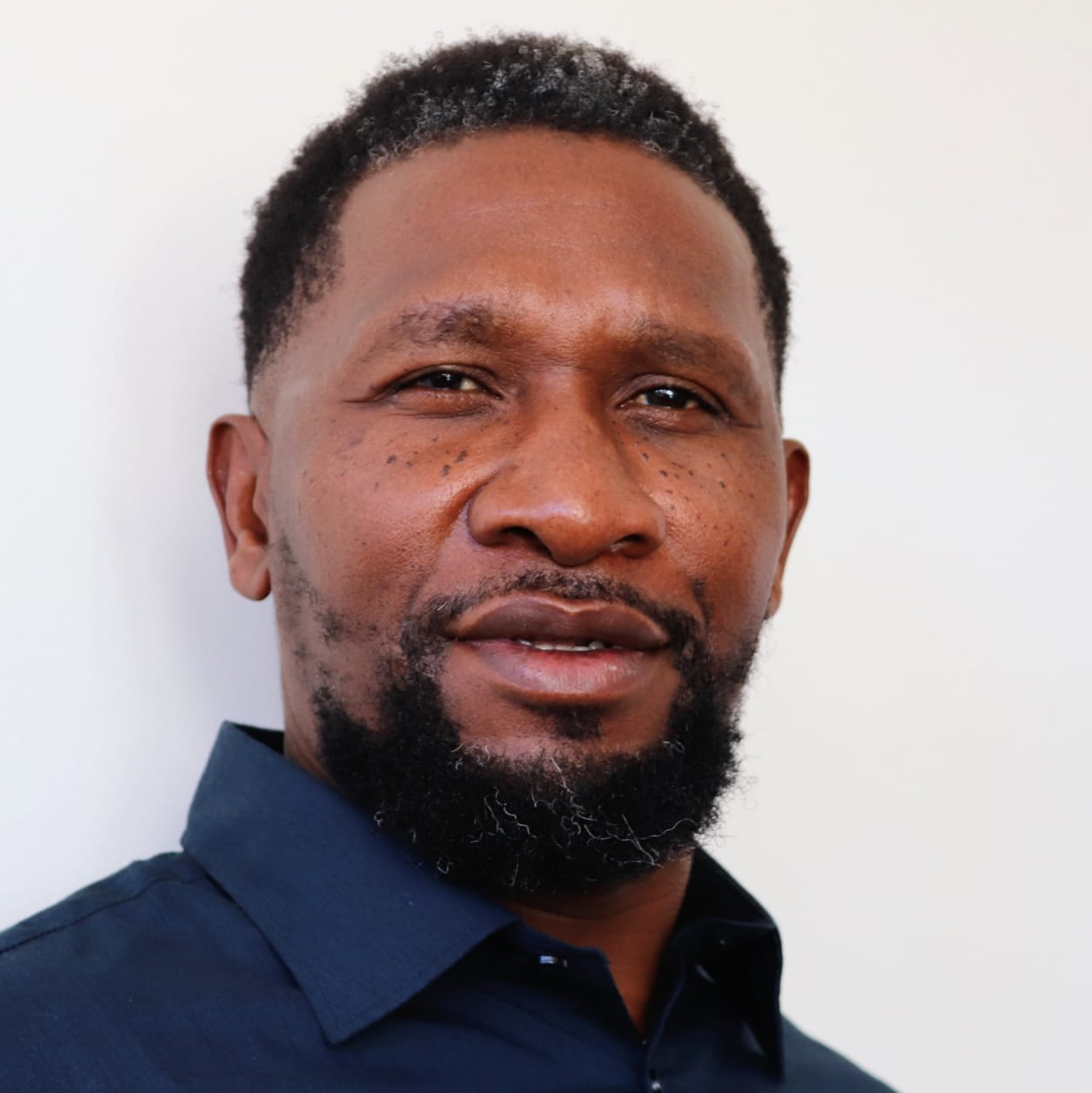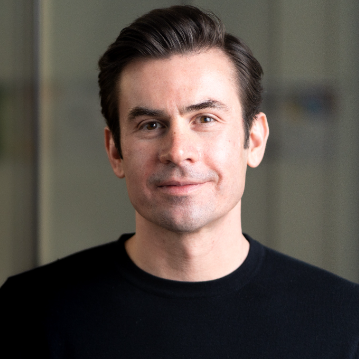




UKORC Foundation and Global Partnerships in Action
UKORC Foundation and Global Partnerships in Action
Pricing
Information
Date & Time
-
-
Description
This session highlights how UKORC, through its partnerships with Kurunzi ya Jamii (KURUJA), the Tanzania Red Cross Society, and international collaborators, is reshaping substance use and recovery services in Tanzania. Current initiatives include harm reduction programs (needle and syringe distribution, naloxone access, condom distribution), Narcotics Anonymous and Alcoholics Anonymous facilitation, rehabilitation center development, and capacity-building trainings for sober houses and treatment providers. Together, these efforts establish a foundation for deflection policies that treat substance use as a health issue rather than a criminal offense.
Hasani and Oggey will discuss the origins, mission, and current projects of UKORC Foundation, emphasizing its role as the central driver of integrated deflection and recovery models in Tanzania.
Nathan Koranda will share the role of KOPI Medical and other global partners (including PTACC) in providing technical training and international expertise to support UKORC’s mission.
Sarah Ndaba will describe the DCEA’s contributions in aligning legal frameworks with recovery-focused approaches, reinforcing how DCEA’s work strengthens UKORC’s broader vision.
By centering on UKORC Foundation’s leadership and mission, the discussion illustrates how cross-sector partnerships are advancing a national recovery framework in Tanzania—one that integrates health, legal, and community responses to build a society where recovery, not stigma, is the foundation of justice and care.
Learning Objectives
Participants will be able to:
-
Describe the UKORC Foundation’s deflection and diversion model and evaluate how its leadership is shaping integrated recovery pathways in under-resourced and low-income settings, using Tanzania as a case example.
-
Identify the primary clinical, social, and environmental risk factors faced by individuals diverted into UKORC-supported community care programs, and analyze how these factors influence recovery planning.
-
Discuss culturally informed assessment tools and biopsychosocial approaches applied within UKORC-led initiatives, highlighting how they adapt global best practices to the realities of Tanzania.
-
Analyze UKORC’s cross-sector partnerships with NGOs, health providers, and justice systems, and explain how these collaborations contribute to evidence-informed, sustainable outcomes in Integrated Risk Reduction and Recovery Models.
Educational Goal
Target Audience
- Addiction Professional
- Counselor
- Marriage & Family Therapist
- Social Worker



